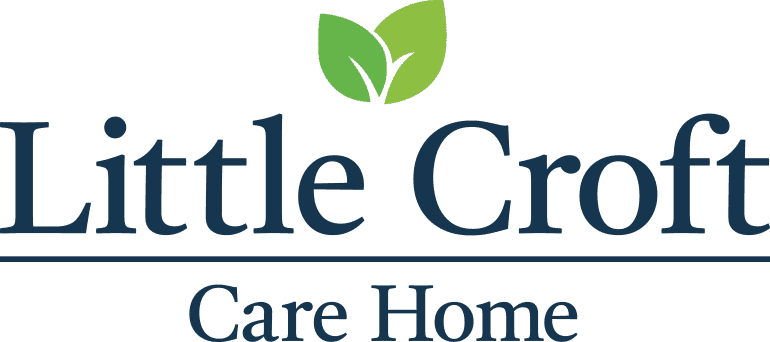Communicating with a loved one living with Alzheimer’s can often be challenging, but it’s an essential part of maintaining a strong connection and supporting their well-being. As the condition progresses, changes in memory, language, and comprehension can create barriers. However, with the right strategies, you can enhance your communication and make meaningful interactions more achievable.
What is Alzheimer’s?
Alzheimer’s disease is a progressive neurological condition and the most common cause of dementia, accounting for 60–80% of cases. While Alzheimer’s specifically affects memory, thinking, and behaviour due to abnormal protein build-ups in the brain, dementia is a broader term describing symptoms like memory loss, impaired reasoning, and changes in language or behaviour. Dementia can result from various conditions, including Alzheimer’s, vascular dementia, or Lewy body dementia. Unlike dementia as a general syndrome, Alzheimer’s is a distinct disease, typically starting with mild memory issues and gradually leading to significant cognitive decline.
How to Communicate With Loved Ones with Alzhiemer’s
Maintain Patience and Positivity
One of the most important aspects of communication is patience. Alzheimer’s can cause frustration for both you and your loved one, so staying calm and composed is essential. Use a warm and friendly tone of voice to create a reassuring environment. Even when their responses may not make sense, avoid correcting them and instead focus on the feelings behind their words.
A positive attitude can go a long way in building trust and reducing anxiety. Smiling and using gentle gestures can help convey your message and foster a sense of comfort.
Simplify Your Language
Clear and straightforward communication is key when speaking to someone with Alzheimer’s. Use short sentences and simple words to express your thoughts. Avoid asking too many questions at once or giving lengthy explanations, as this can be overwhelming.
For example, instead of saying, “Would you like tea or coffee, or would you rather have juice?” try, “Would you like tea or coffee?” Breaking down choices makes the situation easier to process and respond to.
Focus on Non-Verbal Communication
Non-verbal communication plays an even greater role when verbal skills are affected. Pay attention to your body language, facial expressions, and gestures. Maintain eye contact to show you’re engaged and listening, and try to stay at their eye level to avoid appearing intimidating.
Touch can also be a powerful tool for connection. A gentle hand on their shoulder or holding their hand can convey care and understanding, especially when words are difficult.
Create a Quiet and Familiar Environment
Alzheimer’s can make it harder to concentrate, so reducing distractions can greatly improve communication. Choose a quiet setting for conversations and minimise background noise from televisions or other sources.
Familiar surroundings can also help individuals feel at ease. Having personal items, photographs, or familiar scents nearby can spark memories and provide comfort, making communication more effective.
Adapt to Your Loved Ones Needs and Emotions
Every individual with Alzheimer’s is unique, and their communication abilities may change daily. Adapt your approach based on how they’re feeling and responding in the moment. If they’re struggling to find words, give them time to express themselves without rushing or interrupting.
Sometimes, focusing on their emotions rather than their exact words can help you better understand their needs. Validating their feelings, even if their words are unclear, reinforces that they are heard and valued.
Supporting a loved one living with Alzheimer’s can be challenging, but you don’t have to do it alone. At Little Croft Care Home, we provide compassionate, personalised care for individuals living with Alzheimer’s and other forms of dementia. Our team is dedicated to creating a safe, comfortable environment where meaningful communication and connection are prioritised.
To learn more about our dementia care services and how we can support your family, contact our friendly team today.

